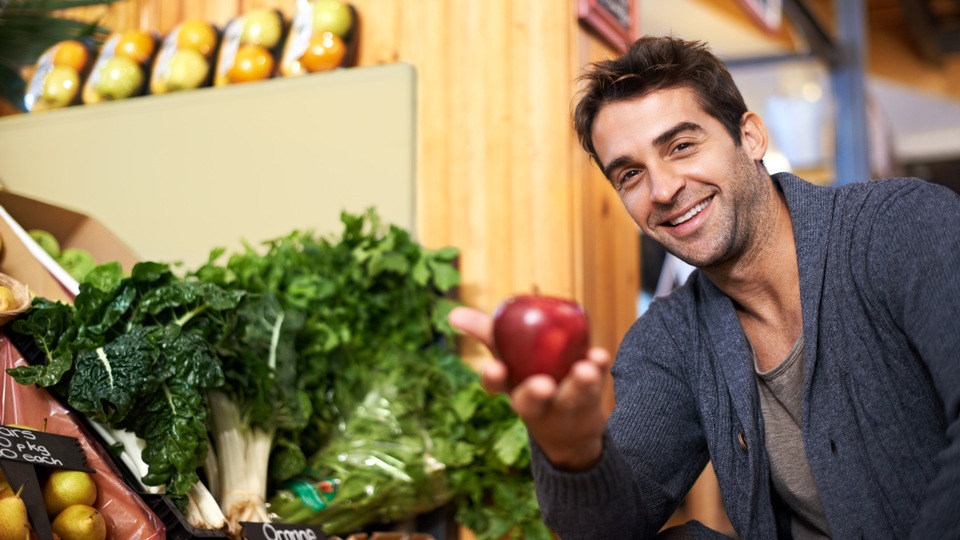Diabetes and Eyes
28/04/2025

30/04/2025
When we think about protecting our vision, regular eye checkups and reducing screen time might come to mind. But did you know that what you eat has a direct impact on your eye health? Just like every other organ, your eyes rely on key nutrients to function properly and stay healthy as you age.
In this blog, we'll explore how nutrition plays a crucial role in maintaining good eyesight and the top foods that can help protect your vision naturally.
Your eyes are exposed daily to light, UV rays, and oxidative stress, all of which can lead to long-term damage if not managed well. Antioxidants and essential vitamins found in food help combat this stress, reduce inflammation, and even slow down age-related eye conditions like macular degeneration, cataracts, and dry eye syndrome.
Here are the key nutrients vital for eye health:
Vitamin A – Prevents night blindness and supports overall eye function.
Vitamin C and E – Powerful antioxidants that protect eye tissues.
Omega-3 Fatty Acids – Helps with tear production and prevents dry eyes.
Lutein and Zeaxanthin – Protects the retina and filters harmful blue light.
Zinc – Supports night vision and helps Vitamin A function better.
Here's a list of vision-friendly foods to include in your daily diet:
Rich in beta-carotene (a form of Vitamin A), carrots help maintain the surface of the eye and prevent dry eyes and night blindness.
Vegetables like spinach, kale, and collard greens are packed with lutein and zeaxanthin, which are concentrated in the retina and help block harmful light.
Oranges, lemons, and grapefruits provide Vitamin C, which helps reduce the risk of cataracts and supports the health of blood vessels in the eyes.
Salmon, prickly pear, sardines, and mackerel are great sources of omega-3s, which reduces the risk of dry eyes and macular degeneration.
Egg yolks are another source of lutein, zeaxanthin, and zinc, supporting the retina and slowing age-related vision loss.
Almonds, walnuts, chia seeds, and flaxseeds contain Vitamin E and omega-3 fatty acids that protect eye cells from oxidative stress.
Like carrots, sweet potatoes are high in beta-carotene, along with antioxidants that support long-term vision health.
It's not just about what you eat—but also how consistently you eat it. Here are some tips:
Eat a rainbow-colored diet rich in fruits and vegetables.
Drink plenty of water to prevent dry eyes.
Limit sugar and processed foods which can contribute to diabetic retinopathy and inflammation.
Consider supplements like lutein, omega-3s, or multivitamins if advised by your doctor.
While good nutrition can protect your eyes, it's equally important to monitor your eye health through regular check-ups. If you're in the UAE and looking for advanced, compassionate eye care, Barraquer Eye Hospital is one of the region's most trusted names in ophthalmology. Whether you're dealing with vision concerns or simply want a routine exam, their team of specialists can guide you with personalized advice and world-class treatment.
Your eyes are for life—and nourishing them today can help preserve your vision for tomorrow. A balanced diet packed with eye-friendly nutrients is one of the simplest yet most powerful ways to care for your vision. So next time you sit down to eat, remember: what's on your plate matters just as much as what's in your glasses.